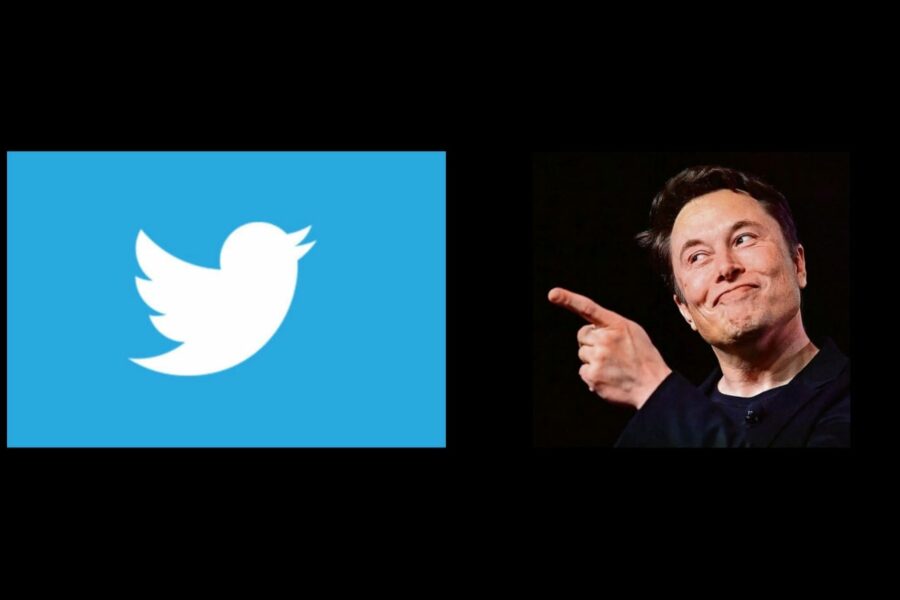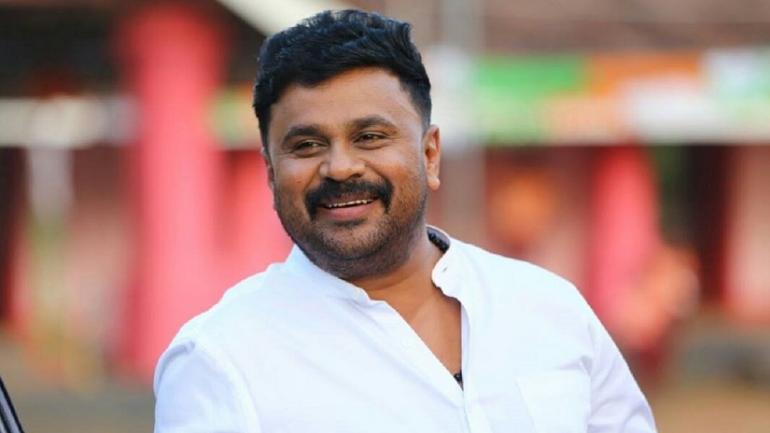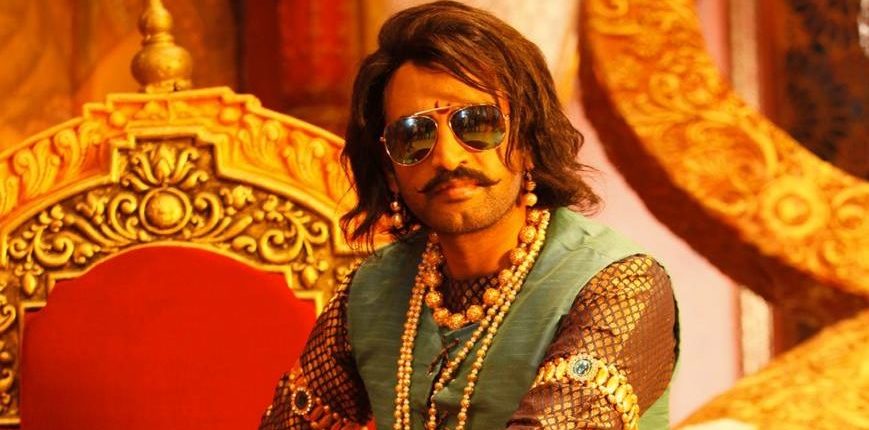Twitter Inc on Monday, agreed to the proposed $44 billion takeover of the company by Elon Musk, the world’s richest man and the CEO of Tesla.
After the news broke that Musk will soon acquire Twitter, one of his tweets from back in 2017 has resurfaced, where he asked about the price of the company and indicated his interest in buying it. Musk had tweeted, “I love Twitter” and when a user suggested that he buy it, he had asked, “How much is it?”
On March 14, this year, the tech billionaire became the biggest shareholder of Twitter, after obtaining a 9.2% stake in the company by purchasing approximately 73.5 million shares. He was invited to join the company’s board shortly after this was disclosed. However, about a week later, Parag Agrawal, the networking platform’s current CEO, announced that Musk had decided not to join the board of Twitter.
A few days after this, Musk offered to buy Twitter for $54.20 per share in cash, a 54% premium over the day before the billionaire began investing in Twitter, and a 38% premium over the day before his investment was publicly announced.
The company has now decided to accept Musk’s offer. This will transform Twitter into a private company.
What lies ahead for Twitter?
In January 2020, when Musk appeared as a surprise guest in a corporate summit called #OneTeam, invited by Twitter’s then CEO Jack Dorsey in Houston, thousands of employees present at the event had reportedly cheered, clapped and pumped fists. But, after the announcement of the takeover, employees have largely stopped celebrating. This appears to be due to Musk declaring his intent to buy Twitter, scrap its content moderation policies and privatise the company.
Musk has said that his primary reason for the takeover is to promote “free speech” on the platform. However, his take on free speech has raised concerns over the future of Twitter’s content moderation policies.
On March 24, Musk had put up a poll, asking if the “Twitter algorithm should be open source.” The poll received an 82.7% response in the affirmative.
Soon after, he posted another poll about free speech and asked, “Do you believe Twitter rigorously adheres to this principle?” to which 70.4% disagreed. “Free speech is essential to a functioning democracy,” he had stated, adding, “The consequences of this poll will be important. Please vote carefully.”
On March 26, he had tweeted again, asking if there was a need for a new platform. “Given that Twitter serves as the de-facto public town square, failing to adhere to free speech principles fundamentally undermines democracy. What should be done?”
In his offer filing, Musk also noted that he had invested in Twitter as he believes in its “potential to be the platform for free speech” around the globe. “I believe free speech is a societal imperative for a functioning democracy,” he added.
“However, since making my investment, I now realise the company will neither thrive nor serve this societal imperative in its current form. Twitter needs to be transformed as a private company,” Musk mentioned, in his filings.

On Friday, shortly after making his offer, he wrote, “If our Twitter bid succeeds, we will defeat the spam bots or die trying!”
“Free speech is the bedrock of a functioning democracy, and Twitter is the digital town square where matters vital to the future of humanity are debated. I also want to make Twitter better than ever by enhancing the product with new features, making the algorithms open source to increase trust, defeating the spam bots, and authenticating all humans. Twitter has tremendous potential – I look forward to working with the company and the community of users to unlock it,” he tweeted, on Tuesday, after his offer was accepted.
Musk’s history with Twitter
Over the 12 years and 10 months that Musk has been on Twitter, he has been an avid tweeter and has amassed more than 84 million followers. His tweets have historically stirred up controversies, time and again.
In 2018, the Securities and Exchange Commission (SEC) imposed a $20 million penalty each, on Musk and Tesla, over his tweet about making the company private at $420 per share. The SEC noted that “Musk’s misleading tweets caused Tesla’s stock price to jump by over six percent on August 7, and led to significant market disruption.”
Further, in 2021, Tesla’s shares plummeted after Musk tweeted a poll on selling his stock.
With respect to being on the receiving end of criticism on Twitter, Musk had said in a 2018 interview with Bloomberg News, “I have made the mistaken assumption — and I will attempt to be better at this — of thinking that because somebody is on Twitter and is attacking me that it is open season.”
Moreover, the CEO of Tesla, who has recently portrayed himself as the flag-bearer of free speech throughout the process of taking over the social networking platform, had jokingly said in the same interview that people criticising him was “outrageous.”
Recommended
However, following the acceptance of his offer to buy Twitter, Musk tweeted on Monday, “I hope that even my worst critics remain on Twitter, because that is what free speech means.”
Free Press, a media reform and net neutrality advocacy group, has pointed to Musk’s ‘troubling history’ on Twitter as a cause for concern. “A self-described free-speech absolutist, Musk has a troubling history of using the social-media network to intimidate and disparage others, including journalists, elected officials, owners of competing businesses and anyone else who might challenge his views,” the group stated.
The future of Twitter post its acquisition by the billionaire still remains unclear.



